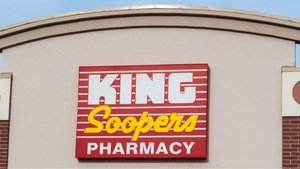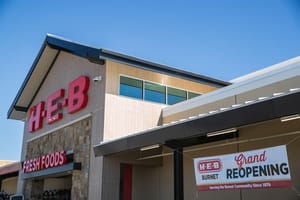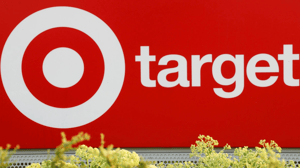Private label had a record year in 2022Private label had a record year in 2022
Store brands’ annual dollar volume increased by $23.2 billion last year, setting a new high of $228.6 billion across all retail channels, according to a report released Thursday by the Private Label Manufacturers Association.

Soaring food-at-home inflation was very good news for one segment in 2022: private-label brands.
Store brands’ annual dollar volume rose by $23.2 billion in 2022, setting a new record of $228.6 billion for sales in all U.S. retailing channels, according to the Private Label Manufacturers Association's PLMA 2023 Private Label Report, released Thursday. That’s an 11.3% increase over the year before.
“A major reason for the double-digit surge was that the inflationary environment motivated more shoppers to try, buy, like and remain loyal to store brands because of the quality and value they provide,” the PLMA said in a statement.
Store brands grew at nearly twice the rate of national brands, accounting for 29% of all new dollar sales from U.S. retailers last year, according to the report, which is based on IRI Unify sales data.
Private-label brands grew much faster than store brands in 2022. / Graphic: PLMA
“The store brands business is booming,” PLMA President Peggy Davies said in a statement. “Last year’s record sales and double-digit growth reflect the strong consumer demand for store brands.”
Private-label brand growth was seen across many grocery departments, but beverages (up 19.1% over 2021), deli prepared (up 17.3%), refrigerated (up 17.1%), liquor (up 15.6%), general food (up 14%), floral (up 13.5%), bakery (up 12.6%), produce (up 11.9%) and deli meat (up 10.3%) all recorded doubled-digit increases, the report found.
Bottled water store brands saw some of the year’s biggest sales increases, rising 22.8% to $6.7 billion. Store-brand cookies increased by 18.3% to $3.4 billion, PLMA said.
Private-label beverages grew more than any other department in 2022. / Graphic: PLMA
With egg prices soaring, store-branded fresh egg sales were up 49.6%, to $5.7 billion in sales, in 2022, the report found, and butter and butter blends climbed 26.6%, to $1.8 billion.
Consumers have turned to private-label brands during other periods of economic stress, such as the 2008 recession, the PLMA noted.
“Another driver of the 2022 gains is store brands, and the retailers who market them have been very responsive to shoppers, who, in the wake of the pandemic, became more concerned about how products are made and what’s in them, from their raw ingredients and holistic health attributes and qualities to their sustainability in terms of manufacture, use and disposal,” the report said.
Even as food-at-home inflation appears to steadily decline, the PLMA said it expects private brands to continue to grow this year.
“By adapting and shopping smarter by choosing store brands, U.S. consumers were able to purchase high-quality, great value food and non-food grocery items for their families in the face of inflation, recession fears, supply chain issues and geopolitical unrest,” Davis said. “That’s a trend that historically accrues to the long-term benefit of the store brands’ industry. We have every reason to believe that this favorable dynamic will continue well into 2023.”
About the Author
You May Also Like






